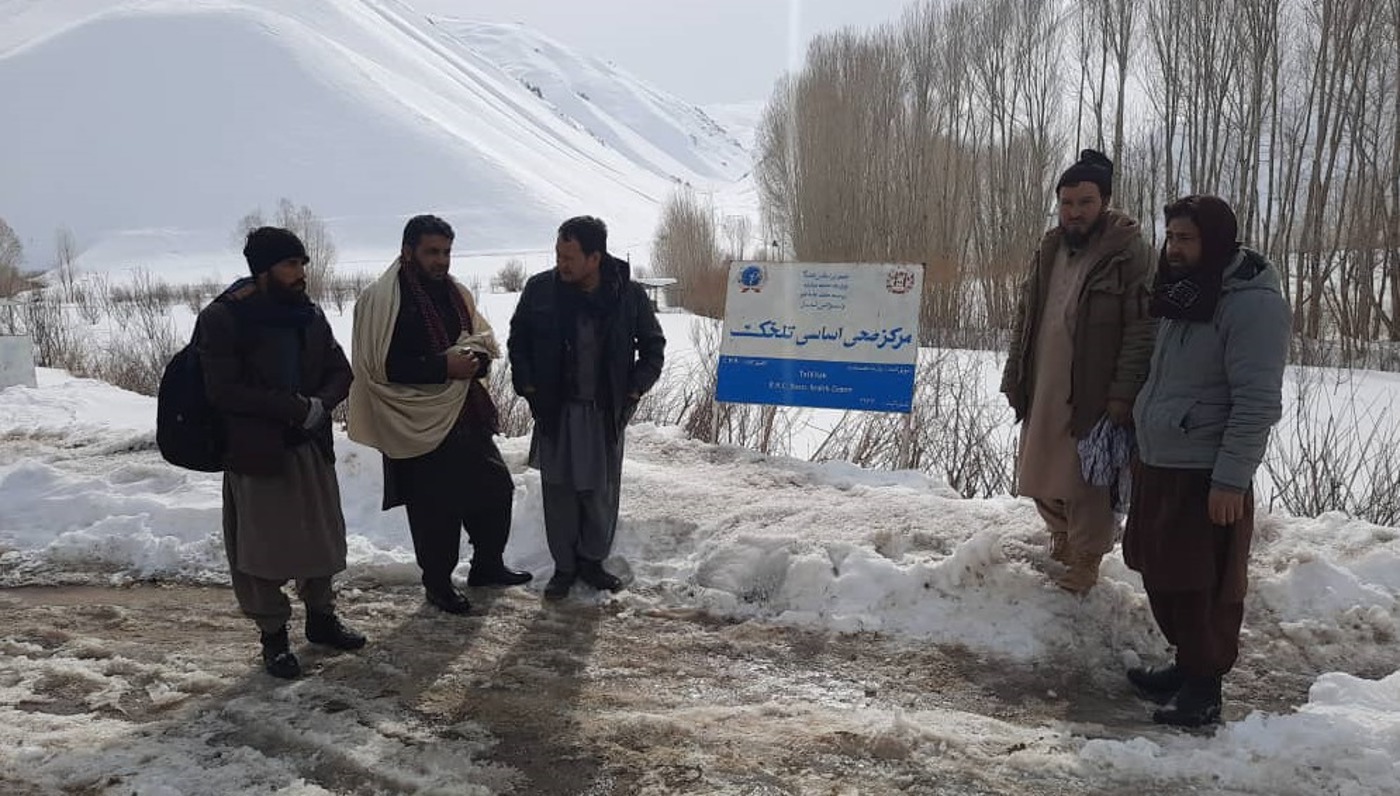
Project reference
21-0159-000-AFG-UN-TPM
Contract duration
2021 - 2023
Budget
3,610,411
Total contract: 3,610,410.85 EUR / 3,780,576.04 USD
Implemented by Particip: 3,467,632.21 EUR
Countries
Afghanistan
Keywords
Health, Monitoring & Evaluation
Provision of Third Party monitoring services for Sehatmandi Implementing Partners (UN CERF)
In the past 20 years Afghanistan worked hard to increase access to health services across the country, with remarkable progress. The Sehatmandi project introduced a performance management system for the service providers (SPs) of the BPHS/EPHS health services. This system was supported by an extensive independent Third-Party Monitoring program needed to hold service providers accountable and to monitor the availability and quality of services for better decision-making and allocation of resources. In light of the recent developments, it was crucial to maintain appropriate and accessible health services, which requires sufficient human resources and medical supplies. WHO/UNICEF jointly ensured the continuation of the health services in Afghanistan for an initial period of three months, starting on November 2021 until January 2022. To ensure effective performance monitoring of the health services provided and enable payments to SPs, Particip/KIT proposed to carry out TPM services.
I. HMIS Verification and HF functionality Assessment
Specific Objectives for Verification
Specific objectives
I. HMIS Verification and HF functionality Assessment
Specific Objectives for Verification
- Verified the HMIS key performance output indicators (11 P4Ps), covering the period from November 2021 to January 2022.
- Verified the functionality, as defined per the minimum standards of services (MSS), set in the Afghanistan MoPH SoP for BPHS and EPHS, covering the period from November 2021 to January 2022.
- Verified the monthly salary payments for the health staff for the period from November 2021 to January 2022.
- Assessed the HMIS reporting performance (completeness, timeliness, consistency and accuracy) covering the verification period from November 2021 to January 2022)
- Assessed the HMIS reporting performance of the 11 P4P indicators (completeness, timeliness and consistency) during the period from July 2021 to December 2021).
- Assessed the functionality of BPHS and EPHS facilities implemented by contracted SPs (NGOs), and the level of compliance with the minimum standards of services, as defined in the Afghanistan MoPH SoP during the period from July 2021 to December 2021.
- Conducted trend analyses to assess the changes in the health services provided since July 2021 and the fluctuations overtime.
Specific objectives
- Screened the quality of selected medicines in a representative national sample of public health facilities (BPHS and EPHS) supported by WHO/UNICEF during the three months of November 2021 to January 2022.
- Identified medicines that are not in compliance with quality standards and regulatory enforcement from both public sector facilities (BPHS and EPHS)
- Recommended appropriate regulatory actions and adjust pharmaceutical policies based on results of the quality screening of the medicines distributed in public and private sector
- To enhance local capacities to conduct cost-effective and sustainable drug quality assessment
- Field manager 338wds
- Finance officer 338wds
- Quality control officer 338 wds
- Logistics officer 338wds
- Deputy data manager 338 wds
- HR officer 338wds
- Office manager 338wds
- Support/admin staff 338wds
Partners
Particip (Lead), KIT - Royal Tropical Institute